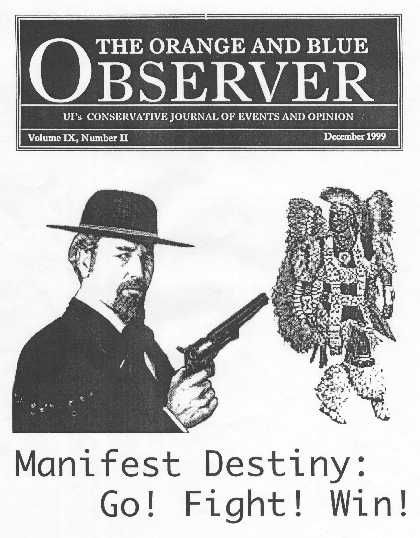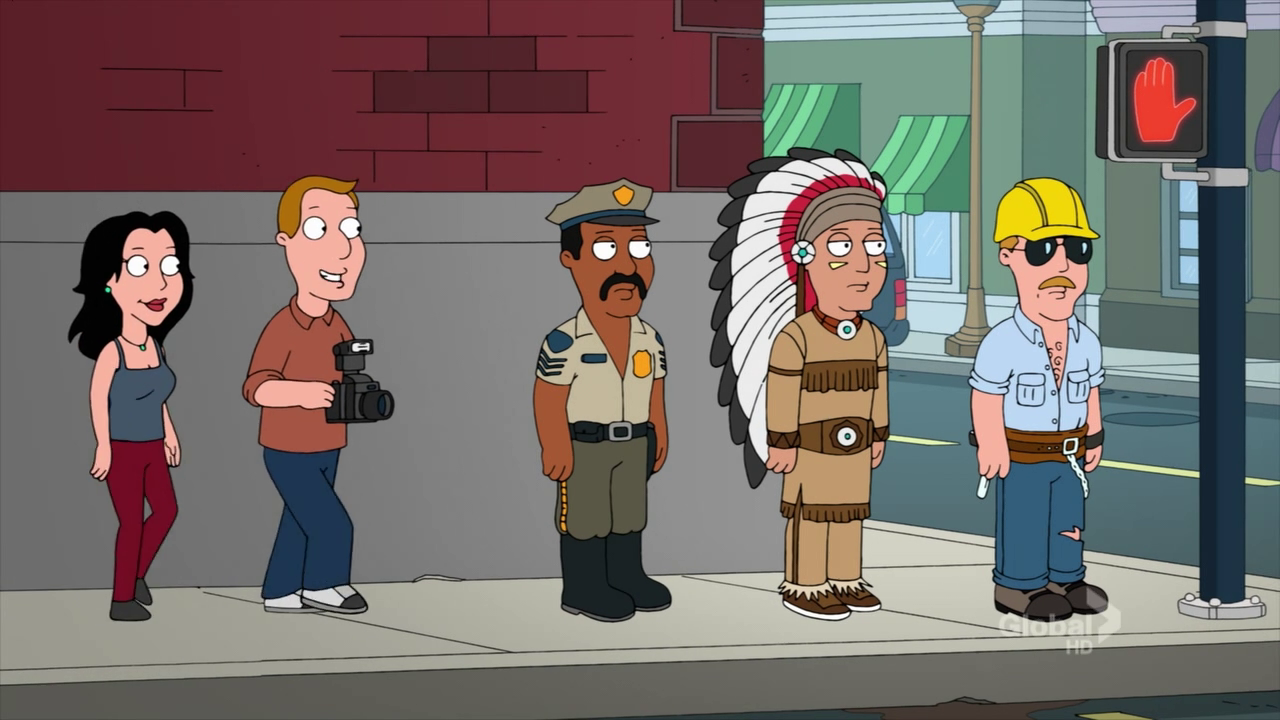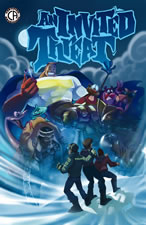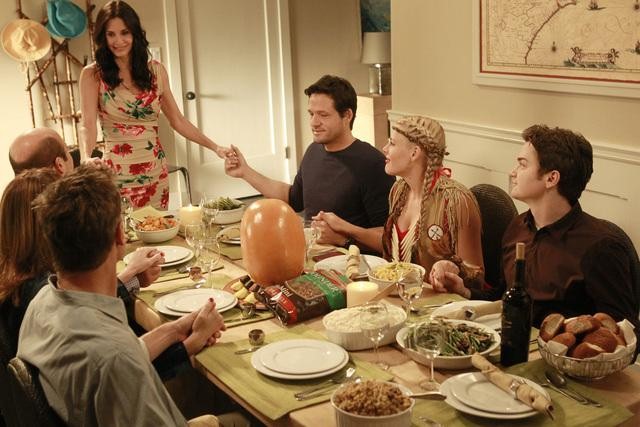The Epic Battle To Save The Most Offensive Team Name In Professional Sports
By Travis Waldron
Included in the email chain were Frank Luntz, the Republican messaging consultant famous for phrases like “climate change” and “death tax”; Ari Fleischer, who served as White House press secretary under George W. Bush from 2001 and 2003 and now runs a consulting firm called Ari Fleischer Sports Communications; George Allen, the former Virginia governor and U.S. senator who now runs the consulting firm George Allen Strategies; and Bruce Allen, George Allen’s brother and the organization’s general manager and executive vice president. Both Allens are the son of former Redskins head coach George Allen. The web sites for neither Fleischer nor Luntz’s firms include client lists. The Redskins’ vice president of communications, Tony Wyllie, confirmed that while Luntz had conducted a focus group on behalf of the team, he has not been paid for other work with the Redskins, and that Fleischer and George Allen’s firm do not have contracts with the team. Fleischer, Luntz, and George Allen had not responded to requests for confirmation at press time.
But the fact that the men participated in the email chain at all is revealing. Last summer, when ThinkProgress first reported Luntz’s involvement in the team’s efforts to focus group the name, the Redskins and Luntz declined to confirm that Luntz or his firm, Luntz Global, were involved in the project.
The email chain shows that after this reporter requested comment on a number of issues related to the Redskins name and claims made by its opponents, Wyllie forwarded the email to Luntz, Fleischer, and the Allens. George Allen’s response is the first included in the chain, and it suggests that the team reiterate its story about changing its name to honor Lone Star Dietz, even though the team can’t prove its claims.
“The point was that the Redskins owner at the time obviously believed that Lone Star Dietz was a Native American and named the team to honor Native Americans and be motivated by their heritage,” Allen, whose 2006 Senate campaign was marked by allegations about his use of racially charged language, wrote. “All the other aspects of the story about Lone Star’s adoption and other intrigue and speculation is undoubtedly beyond our ability to discern as to its veracity.”
“We don’t need to comment on all of these ignorant requests,” Bruce Allen wrote in response. “Tell reporter to call the family of the College Hall Of Fame Coach Dietz and ask them this insulting question.”
“I agree,” Fleischer responded, “not [sic] need to answer any more questions or waste any more time with this outfit.”
The Redskins Asked George 'Macaca' Allen to Help Defend Their Name
By Philip Bump
Allen already had a sketchy track record on racial issues. He voted against an MLK Day resolution in 1984. In high school, he was apparently involved in painting racist graffiti at his school. In 2011, Allen, who'd been thinking about reentering the political world, was criticized for repeatedly asking a black reporter if he played sports. (The reporter didn't.)
For what it's worth, Fleischer and Bruce Allen agreed with George, that Waldron should be ignored or told forcefully that the name stayed. They were all apparently being paid by the team to figure out how to fend off criticism, so it's a natural position to take. But the entire point of the fight over the name is that language like "Redskins" is now broadly considered unacceptable. Times change. You don't call people macaca; you don't call them redskins. If your goal is to understand and navigate that distinction, George Allen is not the best choice as an advisor.

Alyssa Rosenberg writes about the significance of these consultations:
Why The Redskins’ Secret Roster Of Republican Advisers Matters
By Alyssa Rosenberg
The dismissive tone isn’t all that matters here. It’s not as if it’s a revelation that the team doesn’t take the charges that its name is a slur seriously. Owner Dan Snyder is publicly contemptuous of any suggestion that he might change his team’s name, even if he loses trademark protection, and the profits that flow from it. Bruce Allen’s derision is consistent with his boss’s view of the issue.
But the men Wyllie and Bruce Allen reached out to for help, and for reinforcement, aren’t just general-interest media consultants or sports experts. They’re political figures, extraordinarily high-profile ones. And they’re men who have helped shape a sharply polarized environment that allows Snyder to cast himself as a victim of political correctness run amok, rather than a contrarian standing athwart a national consensus hollering that he’ll “NEVER” change his team’s name. Luntz, Fleischer, and George Allen, whose own struggles with racialized language are now political history, may be terrific people to consult if you want to win a bitterly divided election or policy fight. But their credentials don’t exactly suggest that they’re prepared to help a brand like Snyder’s team move into the future.
The organization’s official statements say that “We respect those who don’t agree.” But going to this particular group of men was a way for team officials to reassure themselves that they don’t have to take the charges seriously. The officials who work for Snyder could have shown that respect at any point simply by meeting with their critics. Snyder’s organization could have adopted Native American groups, which now have extensive experience in helping teams and schools navigate name changes, as partners in helping them plan for their strategic future–and in answering press inquiries like these. In responding to Travis’s request, the team’s officials might have consulted an independent historian to help them fact-check their history.
Instead, Wyllie and Bruce Allen sought to reinforce the narrative their organization is already committed to. Allen and his brother George are sons of a former head coach of the team, and deeply steeped in its traditions. And Luntz, who focus grouped the team’s name last summer, has every financial interest in flattering an organization that’s hired him once and might again. It’s hard to imagine a situation in which this group of advisers might have suggested that the team respond differently.
A team that was respectfully engaged with the possibility that its name was insulting, and that was willing to grapple with big practical questions that may be forced upon it, would be wise to reach out beyond an insular circle like the one that shows up on this email chain. It’s the team’s choice to huddle in a bunker instead, but engaging with consultants with a broader range of experiences and perspectives would have made for a more sophisticated response to the press and the organization’s critics, and would help the team begin a strategic planning process that the law and the National Football League may push on them anyway. Telling the team to dig in is just bad advice. But at least Wyllie told Travis that the organization wasn’t paying Fleischer, Luntz, and George Allen for it.
Redskins Paying Team Of Republican Advisers For Advice On Name Controversy
By Travis Waldron
“When I told you that the team we’re assembling to demonstrate why there is so much support for the Redskins name was not being compensated, I made a fundamental mistake—I did not check,” Wyllie said in an email statement Friday. “I was wrong and they are being compensated.”
At least the general public--pro-mascot fans and anti-mascot activists--have no financial interest in the outcome. That Dan Snyder has to pay people to tell him he isn't a racist is a sad commentary on his position. He can't find genuine support from anyone with credibility, so he has to buy it.





















